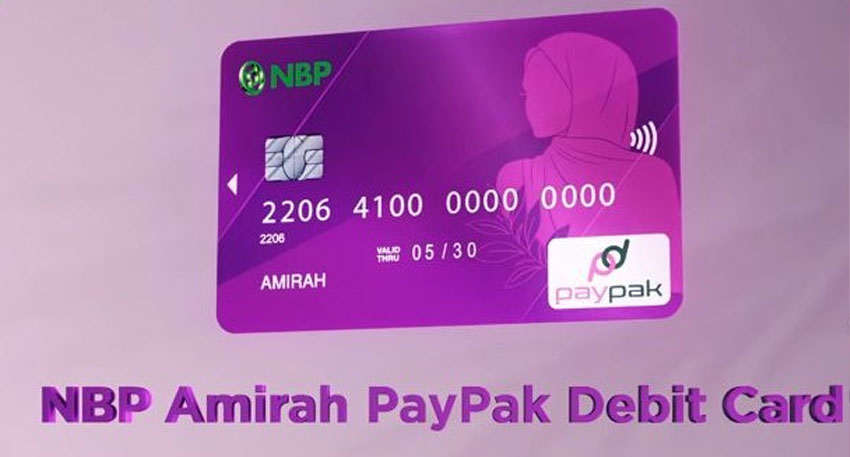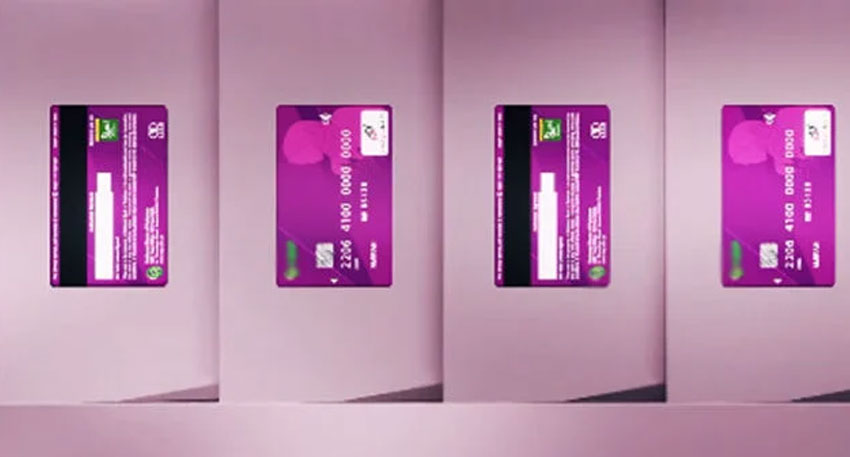
Alibaba.com, the leading B2B e-commerce platform, recently celebrated Pakistan’s top exporters at the KEL Awards 2025 in Sialkot. At the event, the company also introduced its upgraded Trade Assurance 2.0 service, designed to help local businesses win bigger international orders with confidence.
The enhanced service reduces transaction fees, enables free withdrawals, raises credit limits, and adds more payment options for exporters. According to Summer Gao, Head of Global Supply Chain Services at Alibaba.com, Pakistan is a “high-potential supplier market,” and this initiative will strengthen its role in global trade.
Winners of the top honours included Muhammad Usman Humayun (Gray Rocks Enterprise), Haider Ali (IMPEX Pakistan), and Muhammad Azam Rahmat (Mangoes Fashion), while Muhammad Wasim (Blue Hands International) won the People’s Choice Award.
Sharing his inspiring journey, Azam Rahmat revealed how his small two-person apparel business transformed into a major exporter after joining Alibaba.com in 2021, achieving over 200 percent annual growth and securing major international buyers.
Berry Ma, Head of Pakistan Business at Alibaba.com, praised the resilience of local SMEs, stating that Pakistani businesses can thrive globally with the right digital tools.
Read more: China considering yuan-backed stablecoins to boost global currency usage
Alibaba’s latest push in Pakistan signals more than just recognition of local exporters – it is a roadmap for youth empowerment. With reduced costs, higher credit limits, and global exposure, Trade Assurance 2.0 makes it easier for small businesses and startups to expand beyond borders. The success stories of young entrepreneurs like Azam Rahmat highlight how digital platforms are rewriting Pakistan’s trade future. However, experts note that to fully capitalize on these opportunities, Pakistan must also strengthen digital literacy, logistics, and financial infrastructure.




